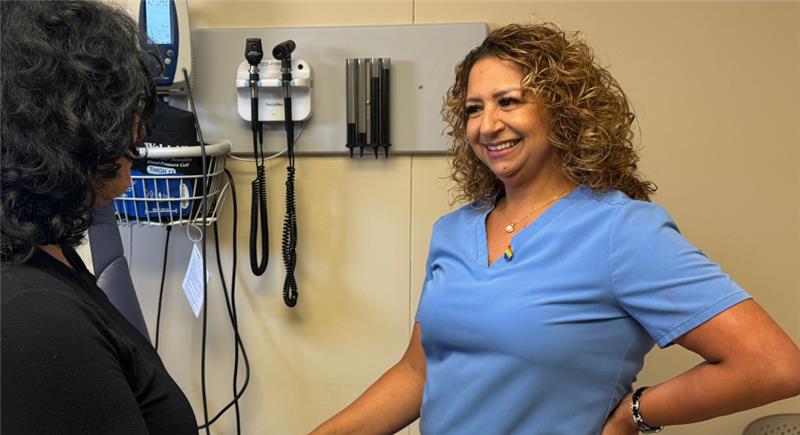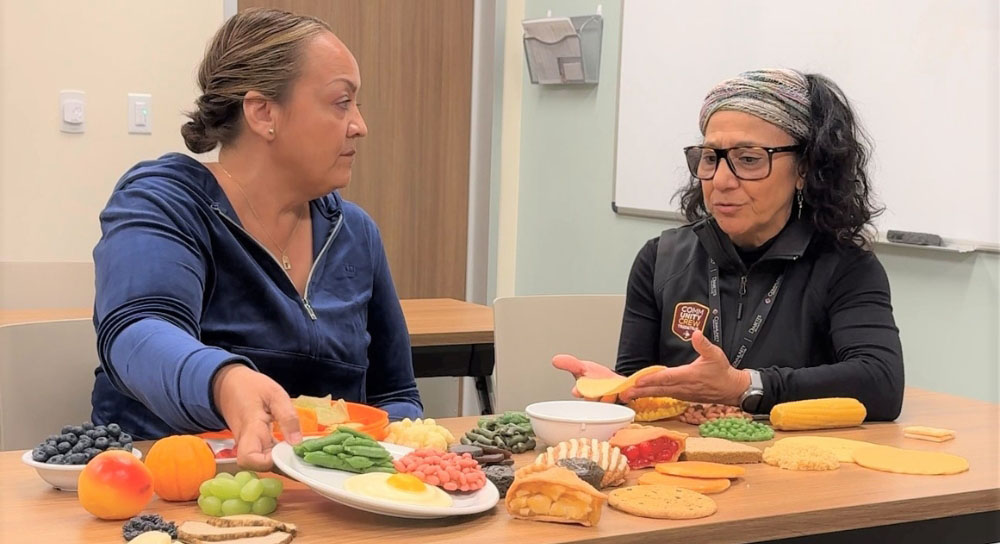Community Health System’s Special Services Clinic is helping those in the Central Valley prevent and manage HIV — the virus that causes AIDS.
The clinic, located at Community Regional Medical Center in downtown Fresno, provides education and testing for anyone — not just Community patients. In recent years, advancements in HIV care have helped patients lead longer, more fulfilling lives, but the need for education remains as important as ever.
Why it matters: Misinformation about HIV can be dangerous, particularly the idea that most people today aren’t at risk of contracting the disease.
“The biggest stigma about HIV is this misperception that it only affects certain patient populations — people that are part of the LGBTQ community — but that is not correct,” said Dr. Erica Kasper, Medical Director, Special Services Clinic. “HIV is a disease that affects everyone.”
Dr. Kasper said that since the COVID-19 pandemic, she’s seen rates of new HIV diagnoses skyrocket.
By the numbers: The Fresno County Department of Public Health’s STI & HIV Annual Report tracks cases of sexually transmitted infections. Since 2019, HIV cases have been steadily increasing, with nearly 170 new cases in Fresno County reported in 2022.
- Men have higher incidence rates of HIV. Fresno County’s rate of 27.9 males (per 100,000 persons) is much higher than California’s rate of 22.4.
- Between 2015-2017, the incidence rate for males in Fresno County rose nearly 62%.
- The majority of new HIV cases occurs among the Hispanic/Latino community, with an incidence rate of 105 per 100,000 persons, compared to 35 for white and 21 for Black persons.
- Nearly 42% of Fresno cases occur in those ages 30 and under.
The big picture: Education and regular testing can help cut down on HIV infections. Community’s Special Services Clinic offers:
- Free rapid HIV testing & risk assessments
- HIV prevention (Pre-Exposure Prophylaxis medication, or PReP)
- ADAP (AIDS drug assistance program)
- Partner services
- Prenatal and pediatric care
“HIV is not a death sentence,” said Dr. Kasper. “If you get tested, stay in care, stay on treatment, then life expectancy for a patient with HIV pretty much approaches normal life expectancy for the general population.”
Learn more: Meet Dr. Kasper and learn more about Community’s Special Services Clinic on this episode of MedWatch Today.






